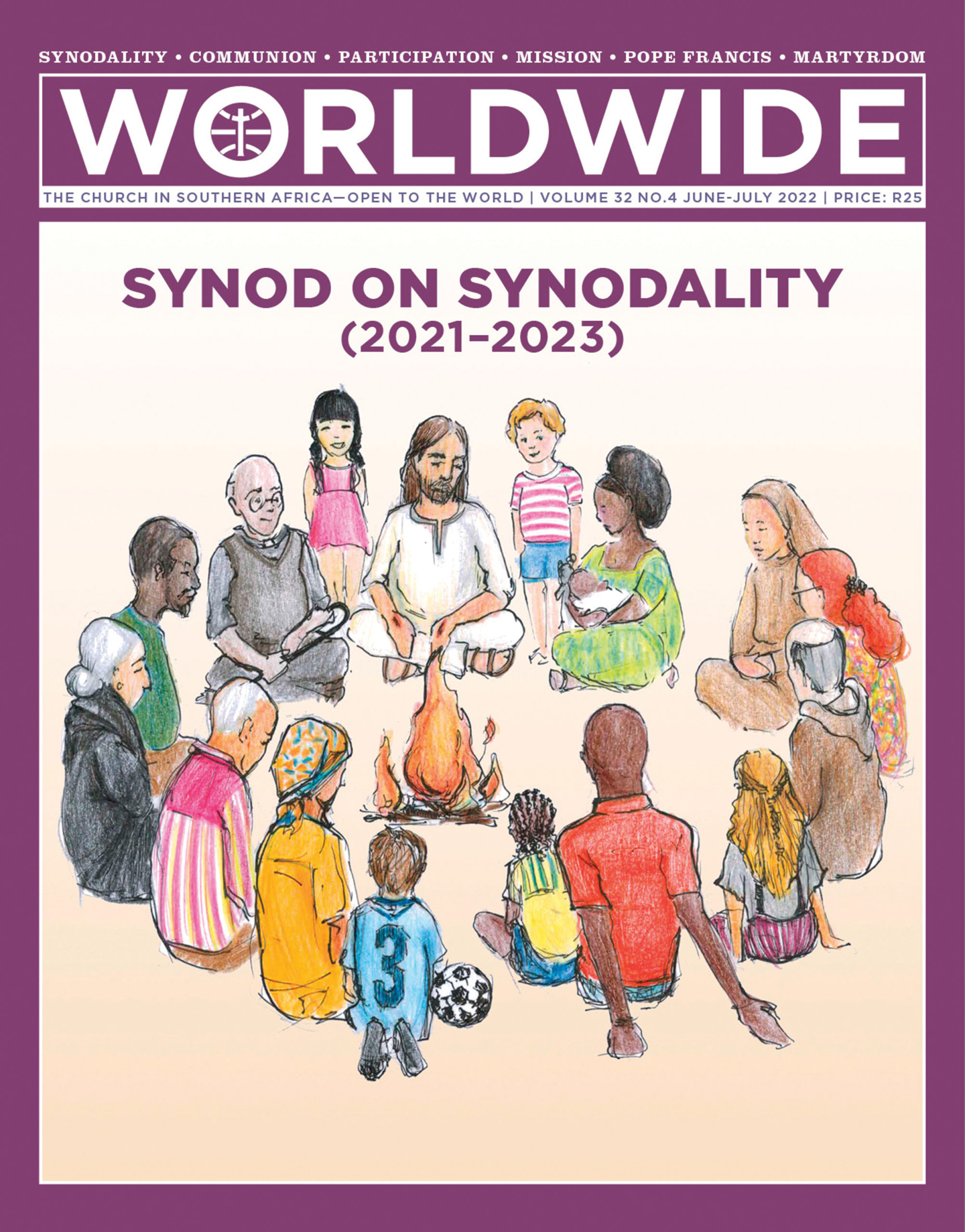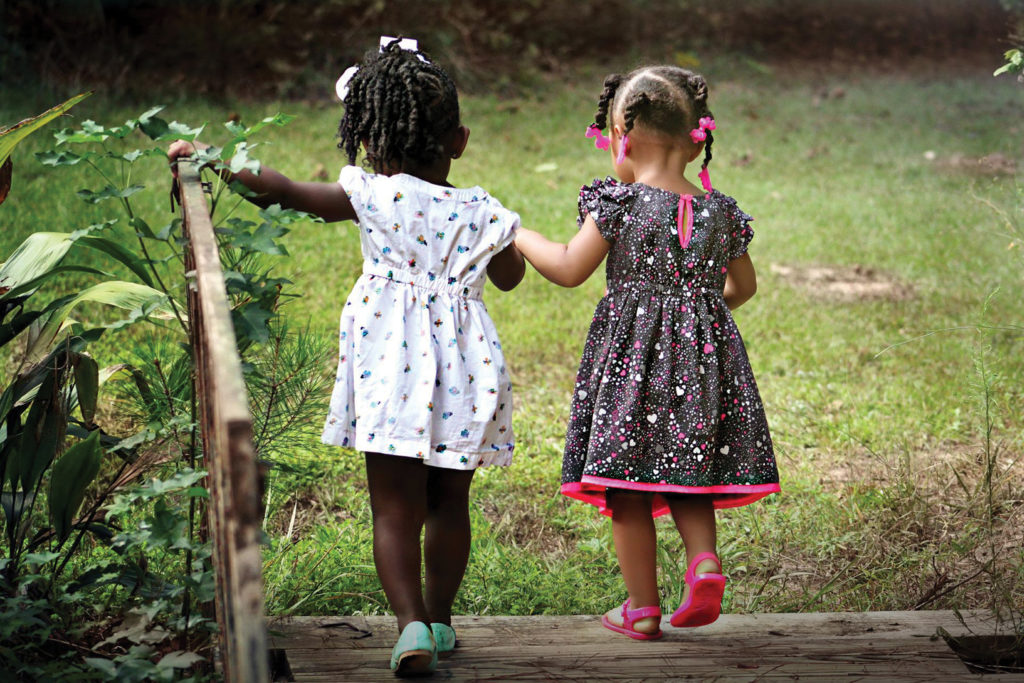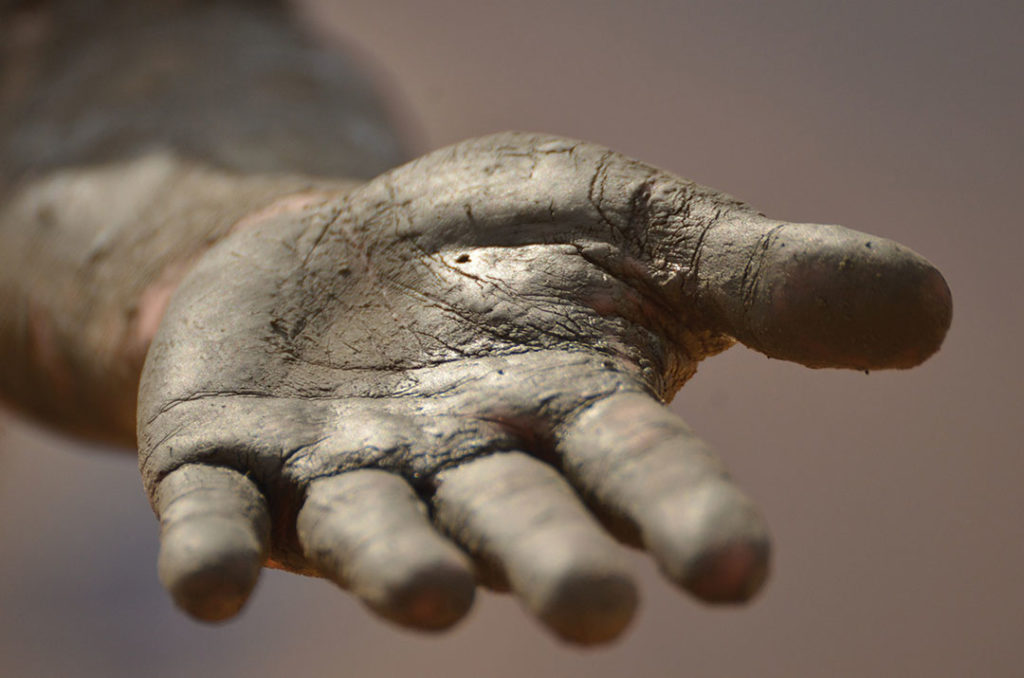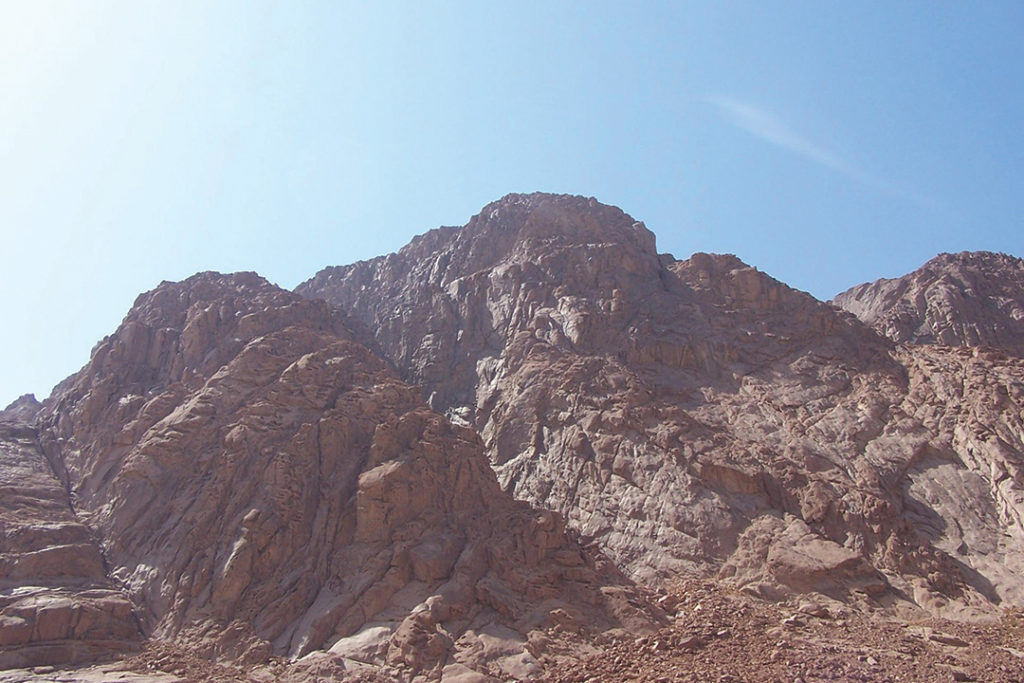
SYNOD ON SYNODALITY (2021–2023)
The cover illustration represents the exercise in which the Church is invited to engage in this process of synodality. Gathered by the Lord and guided by the Holy Spirit, through a journey of prayer, the people of God from all continents, representing diverse ages and kinds of lives, come together to listen to each other, including those marginalized, participating and reflecting on how to be transformed into an inclusive community sent to the mission in the world.
YOUTH VOICES • SYNODAL TOOLS

Reflecting on the Journey
The author of this article shares her understanding of listening, dialogue, prayer and discernment as essential elements in the synodal process the Church has embarked on
BY Jill Williams | Candidate Landscape Architect, Pretoria
OUR DIOCESE recently underwent its Second Archdiocesan Synod. Most of us had no idea what a synod was or what it entailed, and it took a great deal of time and explaining to grasp. However, we fastened our belts and put on our sandals to go on this journey, learning more about the history of our Church, our faith and about each other. Through the various sharing sessions, I learnt that the reason for this whole exercise stems from the heart of the Second Vatican Council (Vatican II). Br Casey Cole, OFM (Habit 2018) states that renewal and a better understanding of how we are to live our faith was brought about through the meeting of Bishops that occurred at the Ecumenical Council of Vatican II. However, he also describes Vatican II to be fairly new, in terms of the history of the Church, and thus still requires some unveiling. The next phase in understanding Vatican II and how these have aided or hindered communal life is happening in the Synod during the period 2021–2023. The call was made by Pope Francis and reverberated through the Church to parishes globally, so that every person, clergy and layman, plays an active part in the process of listening, dialogue, prayer and discerning the voice of the Holy Spirit. This article will discuss some lessons I’ve learnt in the synodic journey and some of the experiences that have helped me understand this exercise more.

Listening
“He who has an ear, let him hear what the Spirit says to the churches.” Revelation 3:22
It amazes me how often God spoke to the Israelites through Moses, who revealed to the people miracles, signs and wonders—all showing his power and presence—and yet they still reached a point of turning their back on Him and worshipping Baal (Ex 32). God commanded the Israelites not to ascend the mountain as Moses did, but to wait for him to come to them with instructions from Him. God did, however, also say “I am going to come to you [Moses] in a dense cloud, so that the people will hear me speaking with you and will always put their trust in you,” (Ex 19: 9). Although Moses stayed on the mountain for a long time, God allowed the people to hear the conversation on the mountain. The question is, were they listening? Moses had to relay God’s message to them—despite God making a way for them to hear Him speak. This is a testament to all of us that our flesh is constantly at war with our spirit, fighting to have our time and attention. The initial awe and wonder of this meeting died down as the activities of everyday life began to take precedence.
Most of us had no idea what a synod was or what it entailed, and it took a great deal of time and explaining to grasp
This often happens in the Church and even in Mass. The Liturgy, though beautiful and sacred, becomes another activity in the list of activities of the day. We can hear God speak, but our daily experiences muffle the voice of the Spirit. A major difference in the experience of Moses and the Israelites in this instance is not that he was able to ascend the mountain and the people not, but rather that he kept his Spiritual eyes on the Lord by fasting on the mountain, while the people did not.
Fasting is ultimately the cleaning and unclogging of your spiritual eyes and ears, so that you can see and hear the Spirit more clearly. In the case of Moses, he saw God in the cloud and was so enveloped in God’s presence that his physical appearance became more likened to the Glory of God. However, the Israelites saw death in the cloud, and in their blindness resorted to focus their energy on what they could see: the pleasure that gold, food and drunkenness would offer them. They couldn’t hear God because of their intense focus on ‘self.’
Synodality is facing the reality that there is more to you than you. There is a world to be explored and mountains to climb. By taking the journey and letting go of desires of the flesh, through the process of fasting, one begins to hear the beautiful lessons of the Spirit more clearly. During Lent, I stood in an arcade, waiting for a family member, when I saw a little girl walking past me with her mother not far behind her. The girl stood right in front of me, gave me a huge, warm smile and waved at me, and then continued walking on with her patient mother. I was greatly impacted by her warmth. She gave me the courage to continue on in that same joy. “For the kingdom of heaven belongs to such as these,” Jesus said (Mt 19: 14). This, to me, is a true expression of synodality—the faithful journeying together, on a common journey or shared path, which is the meaning of synod from the Greek language, (The Vatican 2021) and adding zest to the zestless in the everyday banalities of life. In this way, we will become salt of the earth and precious oil, poured out as a living sacrifice for our King. Fasting helped me to see the Holy Spirit’s action in this event, so that its significance did not pass me by, but rather perform the work it was ordained to do.

Dialogue
When one journeys with another, a conversation is bound to ensue. At times it may be pleasant and light-hearted, bringing a sense of mutual respect and love. At other times, disagreements may break out, harsh words may be used and a disconnection may happen in the rhythm of the journey; yet Pope Francis encourages us that these “…arguments [clash of differing visions and expectations] are a sign of docility and openness to the Spirit” (The Vatican 2021).
I realised that we do not embrace this in church life. When disagreements happen, then cracks begin to develop in parish communities that often remain untreated and sometimes grow into deep fissures. Furthermore, I’ve learnt that every parish community has its own politics (and this applies to Churches in the broader Christian community as well); with member x having a history with member y, and being the reason why certain things can or cannot happen in a parish.
Fasting helped me to see the Holy Spirit’s action in this event, so that its significance did not pass me by, but rather perform the work it was ordained to do
Another crack that forms in communities is when the clergy or laymen get so caught up in the business of communal life that they fail to invest in their health and in taking time to rest. Once-active-parishioners who were involved in various committees and sodalities, at times reach a breaking point—disappearing off the church radar—by moving to another parish, city or country and possibly converting to another faith or believing that faith in God is nonsense. I believe that in many cases these people have experienced ‘Church hurt’, have had their ego bruised, experienced burnout, a prolonged period of loneliness and bitterness, or even had unresolved anger towards the communities they spent years serving.
The synodal discussions emphasise the importance of journeying together. One cannot run for the sake of the Church or the Gospel and not walk in communion with others. We need each other and we must be willing to help each other. The Pope reminds us that as we work together, we should not to act like ‘deputy Jesus’ as one meme put it.
“Still, it is always tempting to do things on our own, in an “ecclesiology of substitution”, which can take many forms. As if, once ascended to heaven, the Lord had left a void needing to be filled, and we ourselves have to fill it. No, the Lord has left us the Spirit!” (The Vatican 2021).
The eternal presence of the Paraclete is what makes dialogue possible. Without His prompting, leading and even restraint at times, walking together would become a very cumbersome experience that will result in separation and isolation instead of unity and dialogue. These are matters that require intentional and continual dialogue—with one’s self and with one’s fellow parishioners—always with the Holy Spirit guiding the process to ensure that reconnection happens. Somewhere in the faith journey disconnect will happen. This must be worked out in order to grow as a person and as a Body, in order to actively live the lives Jesus died for us to have.

Prayer and discernment
“History teaches us that it is not good for the Church to stand still (cf. Evangelii Gaudium, 23). Movement is the fruit of docility to the Holy Spirit, who directs this history, in which all have a part to play, in which all are restless, never standing still.” (The Vatican 2021).
In our journeying, it is important to never remain stagnant in despair and pain, or even in joys and victory
In our journeying, it is important to never remain stagnant in despair and pain, or even in joys and victory. There must always be activity, as the Spirit Himself has been moving from the beginning of time (Gen 1: 1). This constant motion requires us to be honest with ourselves and others and to realise that we will not always be able to ‘move’ in the same way. Age, disability, financial and social factors affect us in various ways and sometimes cause us to stumble. We need to help each other. One preacher said something I will never forget. The simplest prayer you can pray consists of one word: ‘Help!’ Human beings can sense when someone is in pain by their posture, how much more does the Creator see the aching and groaning of a heart filled with sorrow. This is something we often forget in our personal journeys of faith. We think that we have grown and overcome challenges and that we can handle things better and possibly do not need any more help, only to end up falling and failing, possibly in an area we once experienced growth and victory.

Jesus, through the Holy Spirit is always speaking to us, making things clear for us, even when we are stubbornly going our own way; “He made [his mission] very clear to [the disciples]” (Mk 8: 32). How much more then, will He clear our path for us, teaching us what we should do and say on the journey and even who we should journey with? God promised He is always with us, “to the very end of the age.” (Mt 28: 20).
| Dates To Remember |
|
June 1 – Global Day of Parents 4 – International Day of Innocent Children Victims of Aggression 5 – Pentecost Sunday 5 – World Environment Day 8 – World Oceans Day 12 – World Day Against Child Labour 13 – International Albinism Awareness Day 15 – World Elder Abuse Awareness Day 16 – National Youth Day in South Africa 17 – World Day to Combat Desertification and Drought 19 – International Day for the Elimination of Sexual Violence in Conflict 20 – World Refugee Day 23 – International Widows’ Day 26 – International Day against Drug Abuse and Illicit Trafficking 27 – Micro, Small and Medium-sized Enterprises Day July 3 – International Day of Cooperatives 11 – World Population Day 15 – World Youth Skills Day 18 – Nelson Mandela International Day 24 – World Day of Prayer for Grandparents and the Elderly 30 – International Day of Friendship 30 – World Day against Trafficking in Persons |

There is evidently a bunch to identify about this. I consider you made some good points in features also.